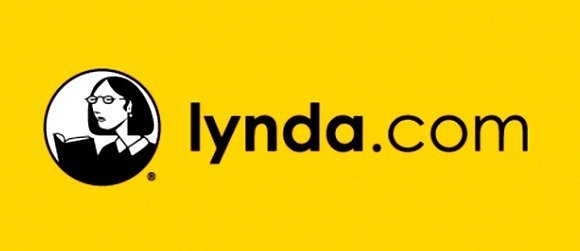Tiffany J. Franklin, Associate Director
Over the years, I’ve learned that it’s good to think about what can I do now that will make myself happy in a couple months, whether that’s eating a salad instead of grabbing another cookie (which I don’t always do) or as it applies to work projects and other things in my life. Now that summer is approaching, we have a few months that will be filled with internships, summer jobs, research, world travel and many different adventures, as well as hopefully some fun and vacations. With these months before us, it’s a good time to reflect on projects we’d like to accomplish before fall arrives. As this relates to the job search, there are a few things you can do now to make your life easier in the fall when you are balancing many other class and campus responsibilities. A job search is not something that you can cram into a weekend, and that’s why it’s helpful to divide job search tasks into smaller steps that you can do each week rather than try and complete everything all at once.
Here are 3 things to consider incorporating into your summer routine to make life a little easier for yourself in the fall:
1) Update your resume now. If you do that now, you’ll be well-positioned when job postings appear in Handshake in August and for career fairs the first weeks of school. For your current internship and summer experiences, you can leave space on your resume and fill the details in the month before classes start. Throughout the summer, be sure to make notes to yourself about the projects you are doing and write your accomplishments along the way.
2) Take time to Explore Career Paths. Sometimes the experience of the summer makes you question the path you were on; either you have an experience that makes you want to explore something completely new or perhaps a job you’re working on right now isn’t what you thought it would be and you may want to pursue other avenues. Our office offers a variety of career assessments, both formal and informal, that can help you think about all your skills and interests. We can discuss career possibilities that align with your interests and review the formal assessments for insights.
3) Use this time to Network with Quaker Alumni. This is a perfect time to network and connect with alumni in your fields of interest. For example, you can develop a list of people for outreach and create a spreadsheet that includes alumni from Quakernet and LinkedIn. Each week, allot some time to sending emails and talking to people about their careers – what they like, the challenges of their field, what they know now they wish they knew starting out, and any advice they may have. For more information about informational interviewing, check out the Networking section of the Penn Career Services website with tips on how to reach out to alumni and make the most of these interactions. These steps are a great way to build your network now, which takes time, rather than trying to cram this into your fall schedule.
When looking back on past summers, the productive ones started with a strategy at the beginning of June. By dividing my projects into smaller parts and working it every week, I felt less pressure. By the end of the summer, I could look back and see how much I accomplished over time. Plus, I started the fall with a to do list with things already crossed off by the beginning of the school year. Remember, Penn Career Services is here to help you throughout the year, so be sure to reach out to us anytime, even if you’re across the world. We can Skype, schedule phone meetings or email to ensure you have the support you need. If you’re in Philly, schedule an in-person meeting with us. Hope you have a wonderful, safe and productive summer!


 Mastering Handshake will only take you a couple of minutes. Check out our
Mastering Handshake will only take you a couple of minutes. Check out our  Lynda has a ton great, skill-oriented tracks you can follow along with. Most videos are digestibility small (10-20 minutes) while full collections can total 40+ hours of hands-on training. Last year, I took a few courses on drawing, game design, and JavaScript.
Lynda has a ton great, skill-oriented tracks you can follow along with. Most videos are digestibility small (10-20 minutes) while full collections can total 40+ hours of hands-on training. Last year, I took a few courses on drawing, game design, and JavaScript.